My previous blogs so far have been about my experience working in a research lab and the multitude of skills I have gathered along the way. Now as that chapter has come to a close, another one starts – final year. This transition, while exciting, will most likely come with its own sets of challenges and adjustments. So, I decided to use this entry to express my hopes and concerns on navigating my final stretch of my university journey.
If you are in a similar boat to me, I think the most significant change you’ll anticipate is the shift from the hands-on, full time practical work of the research lab to the more theoretical based learning environment. During my placement, once I became more independent and confident in what I was doing, I found it quite thrilling to apply concepts to real-world problems and using high-tech lab equipment. Back at university, I expect to find myself attending lots of lectures and completing assignments that may feel slightly abstract. However, I plan to use this as a chance to bridge the gap between theory and practice. My time in the lab has given me a deeper understanding of how theoretical concepts, such as the mechanism of action of neurotransmitters or protein receptors, can be applied in real-world scenarios, like their dysregulation in diseases. This new perspective can help me see the relevance of my studies more clearly and enrich my learning experience.
Looking more on the bright side, my time in a research lab has been transformative in terms of my academic and career aspirations. Admittedly throughout first year, and slightly into second year, I was unsure of what I wanted to do after graduation – a huge struggle that a lot of us undergraduates face, I presume. But as I applied for different placement opportunities, I started to have a better idea of what I wanted to do; I knew I wanted to work in neuroscience. Now after completing my placement year, I come out of it with a goal to a certain career path and I’m looking forward to staying more involved in research.
For example, at my university, we get to decide on a final year project. If all goes well, I will be assigned a lab-based project and I won’t have to suffer the loss of the dynamic environment of hands-on experimentation, the excitement of discovery and being part of another lab team. Of course, the Carlyle Lab will still always be my favourite lab of all time! But the routine of lab work and alongside independence and teamwork, will make it seem as though I never left the lab in the first place.
Additionally, through my final year project, I can network with new colleagues and supervisors and ask for advice to help find new work opportunities after graduation. Perhaps I might get asked to stay on in that lab as a research assistant, you never know!
Or alternatively, you might find that after completing a placement year you have a completely different idea of what you want to do after graduation. And if that is the case, you can decide on a different final year project that’s not lab based such as science communication. Either way, this clarity can be a powerful motivator as you finish your degree because it provides you with a sense of direction that you may have not had before.
As I move into my final year, I’m also anticipating a refined sense of independence. My placement year required me to manage my time, tackle problems, and take initiative—skills that will be invaluable as I juggle the demands of exams, a part-time job, my final year project, and the inevitable job and PhD applications that come with being on the cusp of graduation. This sense of total freedom and independence is both empowering and a little daunting. But I’m also excited to approach my studies and projects with the confidence that I’ve developed over the past year, knowing that I’m fully capable of handling whatever comes my way.
Overall, while the transition from full-time lab work to university may come with its challenges, such as adjusting to a slightly more theoretical focus, missing the lab environment, and navigating your newfound freedom and independence, it also offers a chance to apply what you’ve learned in a meaningful way. So let’s enjoy this final phase of our undergraduate journey because once it’s over, it is never the same again.
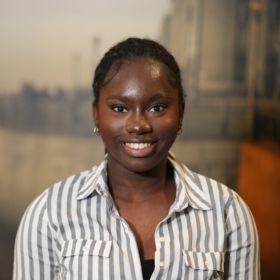
Yasmin Bonsu
Author
Yasmin Bonsu is an an undergraduate student from the University of Manchester currently undertaking a placement year in the Carlyle Lab at Oxford University. Yasmin is investigating the activity of proteoforms of the granin family in cortical neurons insulted with oligomerised amyloid beta. Her goal is to finish her placement year, earn her bachelor’s degree in neuroscience, and then pursue a PhD in clinical neuroscience. Through Yasmin’s blogs we’ll gain insights on life as an undergraduate, and hopefully inspire others to pursue a career in dementia research.

 Print This Post
Print This Post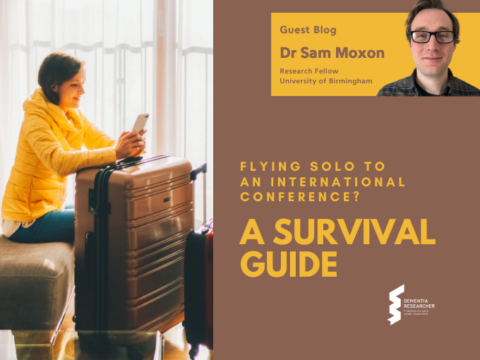

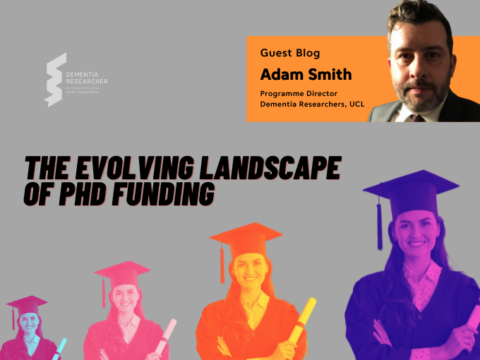
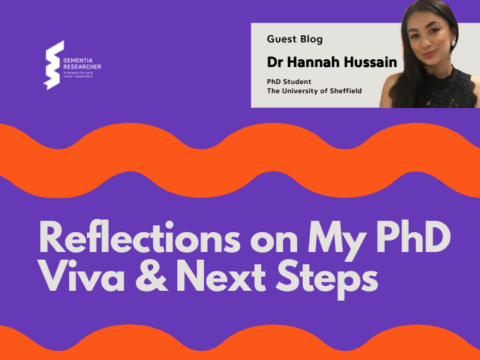
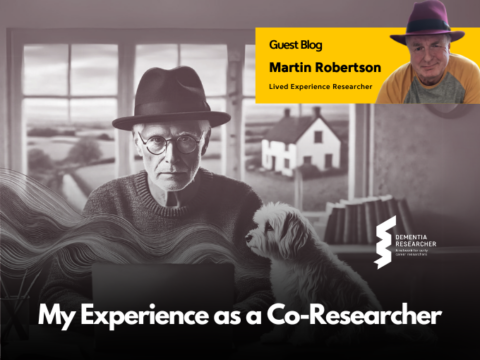
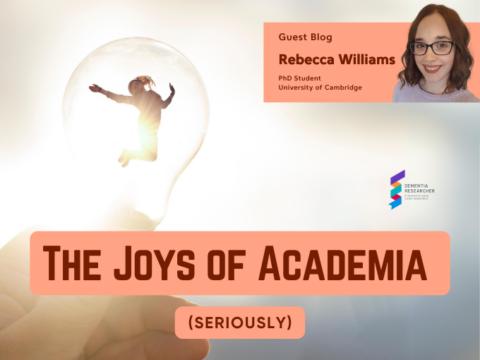
I’m so proud of you for writing about industrial attachment and academic journey. Your insights and personal reflections are incredibly valuable. You have a unique way of expressing complex emotions, and your blog will help others feel less alone in their experiences. Keep sharing your voice; it really makes a difference!